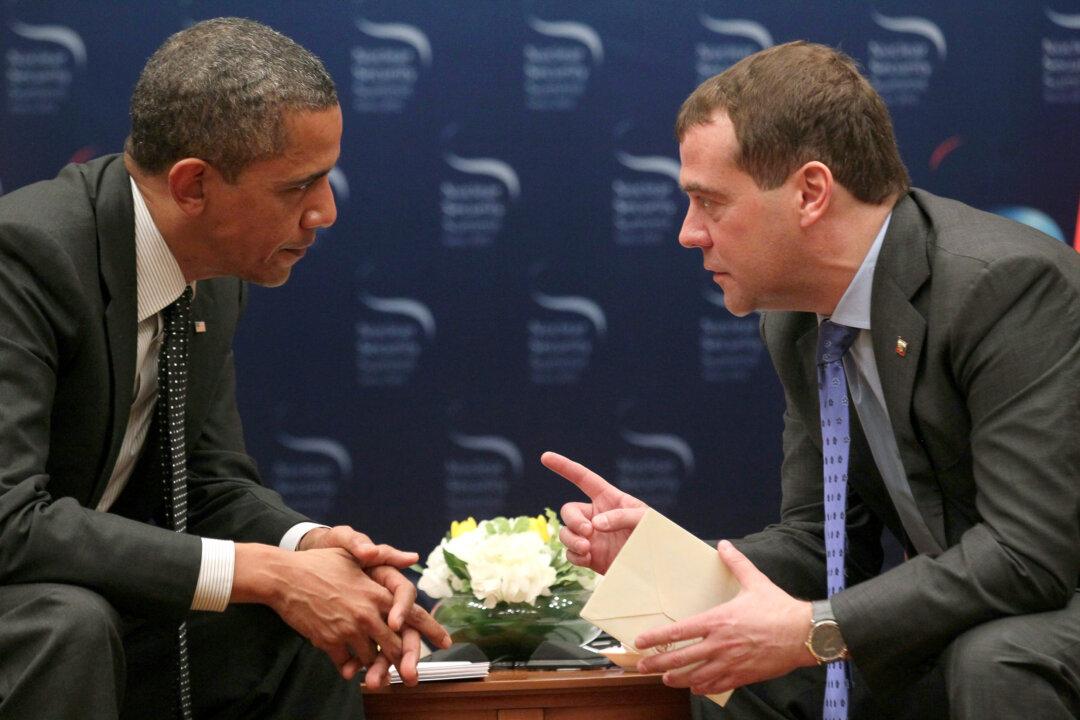Commentary
One way of understanding the 2009–2014 Obama administration policy of “reset” with Vladimir Putin’s Russia is to recall two iconic incidents.

One way of understanding the 2009–2014 Obama administration policy of “reset” with Vladimir Putin’s Russia is to recall two iconic incidents.